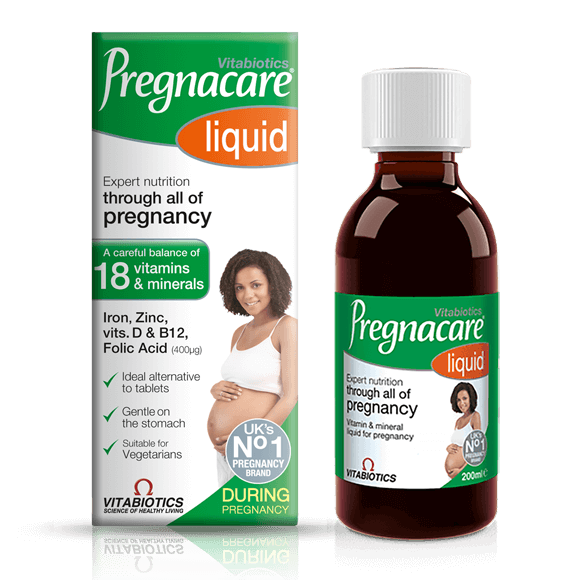Why You Need To Be Careful
Risks To You
- Pregnancy softens your joints and ligaments, so there is an increased risk of sprains, twists and back injuries.
- Sports involving quick, jerky movement, such as squash, tennis and fast jogging, may cause problems.
- As your baby grows your centre of gravity changes and your balance may be affected. Falls may therefore be more likely.
Risks To Your Baby
- Impacts and falls may cause damage.
- Avoid downhill skiing, water-skiing, diving, climbing, all contact sports and fierce team games, for example, netball and hockey.
- If you get very hot, your baby will also get hot. Overheating early in pregnancy may possibly affect your baby's neural (nerve) development.
- Avoid saunas, steam baths and hot tubs. Stop exercising if you get very hot - rather than just warm. Drink plenty of water before, during and after exercise to replace lost fluids.
- Sustained, vigorous exercise may affect the blood supply to your baby by diverting blood away from the uterus to the leg muscles. If you get very breathless, the amount of oxygen in your blood is reduced, which may affect your baby's growth.
- Avoid exercising to the point of exhaustion. Take a rest every 15 minutes.
Ways To Keep Fit During Pregnancy
Regular walking, swimming and yoga are all ideal. In addition, yoga teaches breathing and relaxation techniques, but certain positions are not advised so make sure that your teacher knows that you are pregnant.
For further information on ways to stay fit safely during pregnancy, including exercises that will help you prepare for birth, ask your midwife, who may know of antenatal exercise classes in your area.
Alcohol During Pregnancy
Drinking alcohol during pregnancy can cause physical and mental birth defects (known as Foetal Alcohol Syndrome FAS). Each year, it is thought that more than 40,000 babies are born with some degree of alcohol related damage. Although many women are aware that heavy drinking during pregnancy can cause birth defects, many do not realize that moderate - or even light - drinking also may harm the foetus.
New research suggests even moderate alcohol consumption makes a baby 3½ times more likely to suffer from abnormal spasms in the womb. It now appears that there is no safe level of alcohol consumption during pregnancy as even one glass a week can result in abnormal hyperactive behaviour, as a result of alcohol slowing the formation of the central nervous system. FAS children suffer neurological damage, learning disabilities and other problems, such as ADHD & behavioural problems.
It is recommended that pregnant women do not drink any alcohol throughout their pregnancy and while nursing. In addition, because women often do not know they are pregnant for a few months, women who may be pregnant or those who are attempting to become pregnant should abstain from alcohol.
Pregnacare is working with the charity FASaware to highlight Foetal Alcohol Syndrome and the dangers of drinking during pregnancy.







Comments (0)